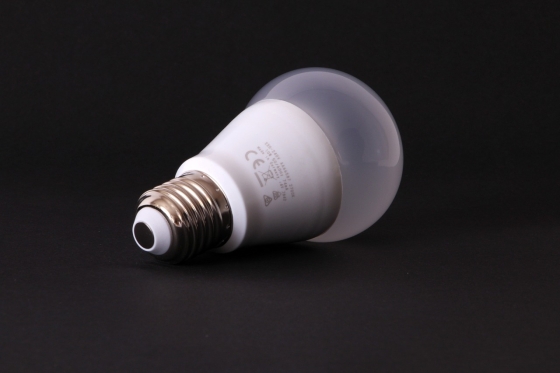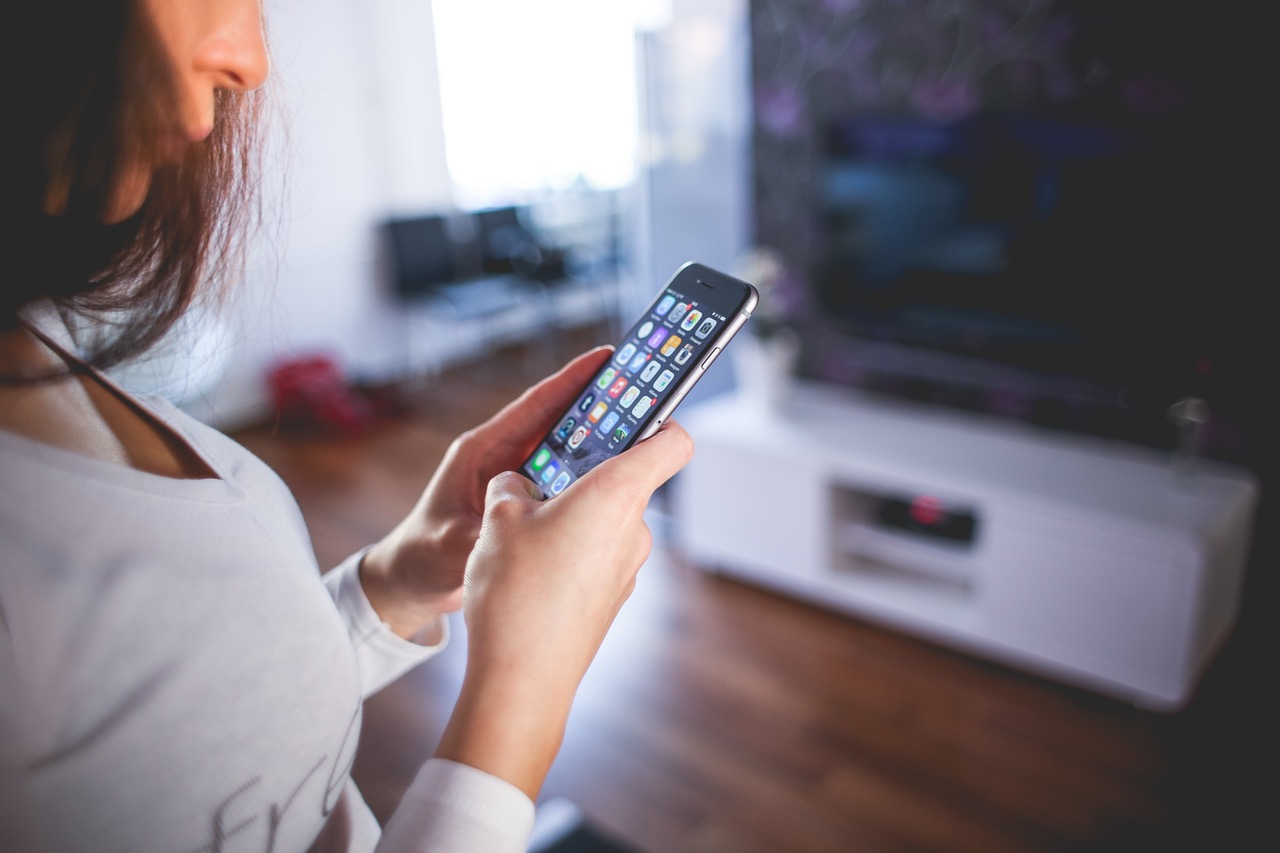Why Smart Light Bulbs Are Leading The Way For Low Cost Energy
In 2017, the possibility of living in a smart, connected home has moved on drastically from being a futuristic pipedream to an absolute reality. Now, it is possible to buy ‘smart home hubs' and additional devices that perform daily household duties but in a much ‘smarter' w

In 2017, the possibility of living in a smart, connected home has moved on drastically from being a futuristic pipedream to an absolute reality. Now, it is possible to buy ‘smart home hubs’ and additional devices that perform daily household duties but in a much ‘smarter’ way. Everything from our electric meters to our light bulbs are now smart, and the benefits this could bring lie long beyond convenience and novelty.

This technology is driven by the IoT (Internet of Things), a movement which relies on interconnecting devices constantly communicating with each other. In industry, these devices are used to gain improved insight and to capture real-time data. This can then increase efficiency in many areas, tailoring processes and procedures to suit real-time events. With smart homes and technology such as smart light bulbs, this improved efficiency can also be achieved, bringing many benefits to consumers and the world.
Many homes already have new intelligent smart meters installed to monitor their gas and electricity consumption. The government aims to have a complete rollout of these forward thinking meters by 2020. By providing up-to- date, accurate energy consumption data, users can gain a better understanding of their costs each month, only ever paying for what is actually used. What’s more, this improved insight also encourages users to manage energy use, reducing overall emissions while also reducing monthly outgoings.
The widespread adoption of smart meters will transform the energy market. Using them alongside other intelligent sensors such as smart light bulbs can add to this, tailoring energy consumption even further.
Whether it is connected directly to the user via an app or through a smart home hub, smart light bulbs give ultimate control over when they are used. Instead of relying on a switch, these light bulbs can be turned on or off at the swipe of a screen. From here, the user dictates exactly how bright they glow, how long for and sometimes, what colour. While the colour changing function serves only aesthetic benefits, the ability to dictate the exact amount of light that is used and when means that energy consumption around the home could soon be cut dramatically.
Smart technology such as light bulbs puts control back into the hands of the user, empowering them with a new understanding the energy they are using, and the means to lower consumption based on this information. As a result, energy bills are set to become lower and more accurate than ever.
